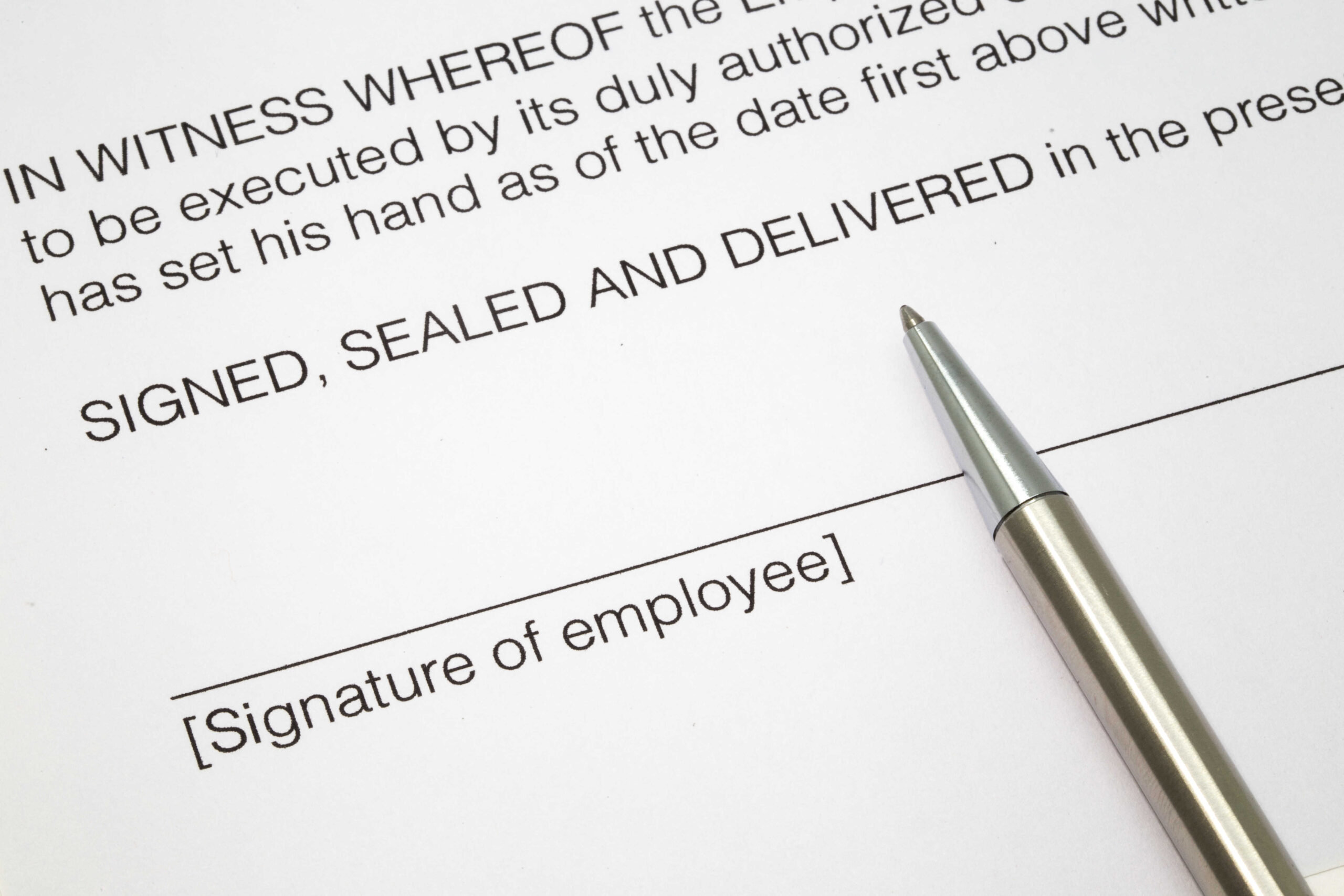Non-compete clauses are drafted into the contracts of employees as a way for an employer to protect their business should the employee leave. A non-compete clause generally prevents an employee from working for a competitor or opening their own competing business. An employee obtains valuable information on the business during employment. This valuable information is what is being protected by these clauses. But an employee may not be free to go into competition with a former employer just because there is no non-compete clause.
Duty of Fidelity
An employee has what is legally known as a duty of fidelity. This means they are bound to remain loyal to their employer. The duty requires that an employee avoid any conflict between their own interests and that of their employer. The most common breach to this duty revolves around an employee setting up a business in competition to the employer, or gaining employment with a competing business. An employee is allowed to plan for their future when employment ends, however they cannot be seen to undermine their current employer.
Some things an employee cannot do.
- Solicit to the employers current clients trying get them to switch to their new business.
- Assist a rival business they are looking to be employed by.
- Copy, remove or memorise any valuable information their employer has. This can be things like client lists, intellectual property etc.
- Try to get other staff of the employers to switch to the new business or competitor.
Having a second job in a similar role with a competitor without the employers permission may also be a breach. This position held in both businesses will determine this.
Added to the already held duty of fidelity may be fiduciary obligations. A person with a fiduciary obligation will be required to take any possible business opportunity to their current employer. A senior employee such as a director would have fiduciary obligations to their employer.
The take away is that even if the contract did not have a non-compete clause in it, the employee may still be under a duty of fidelity.
How an investigator can help
Evidence will be crucial in helping to prove your claim. An investigator can help you obtain evidence of the activities of a former employee. Background checks can help prove things such as a persons position in a business and business registration date. Surveillance could help prove who they are soliciting too and also prove any IP breaches. Any investigation will obtain the evidence in a manner that is independent and free of any perceived bias.
